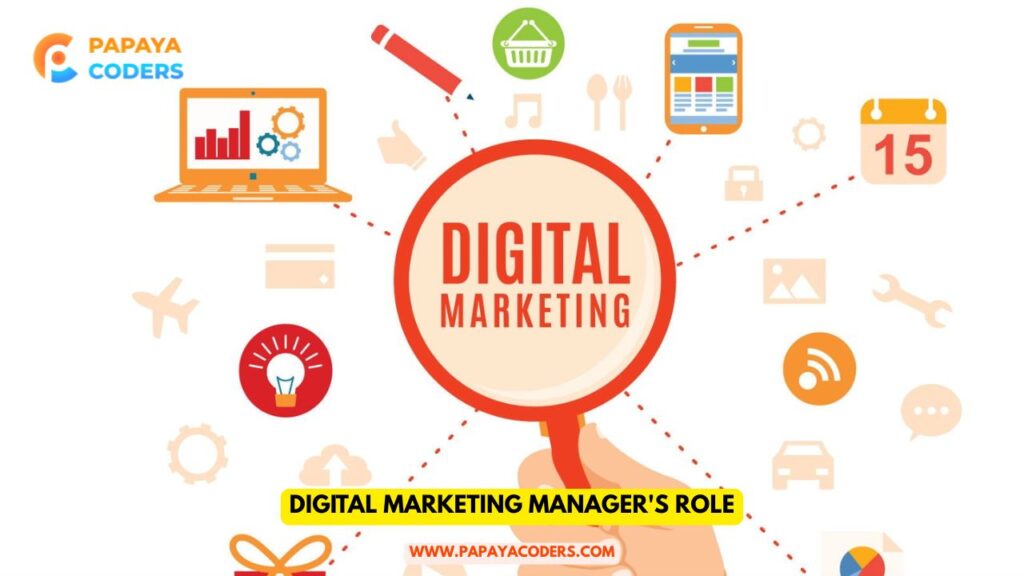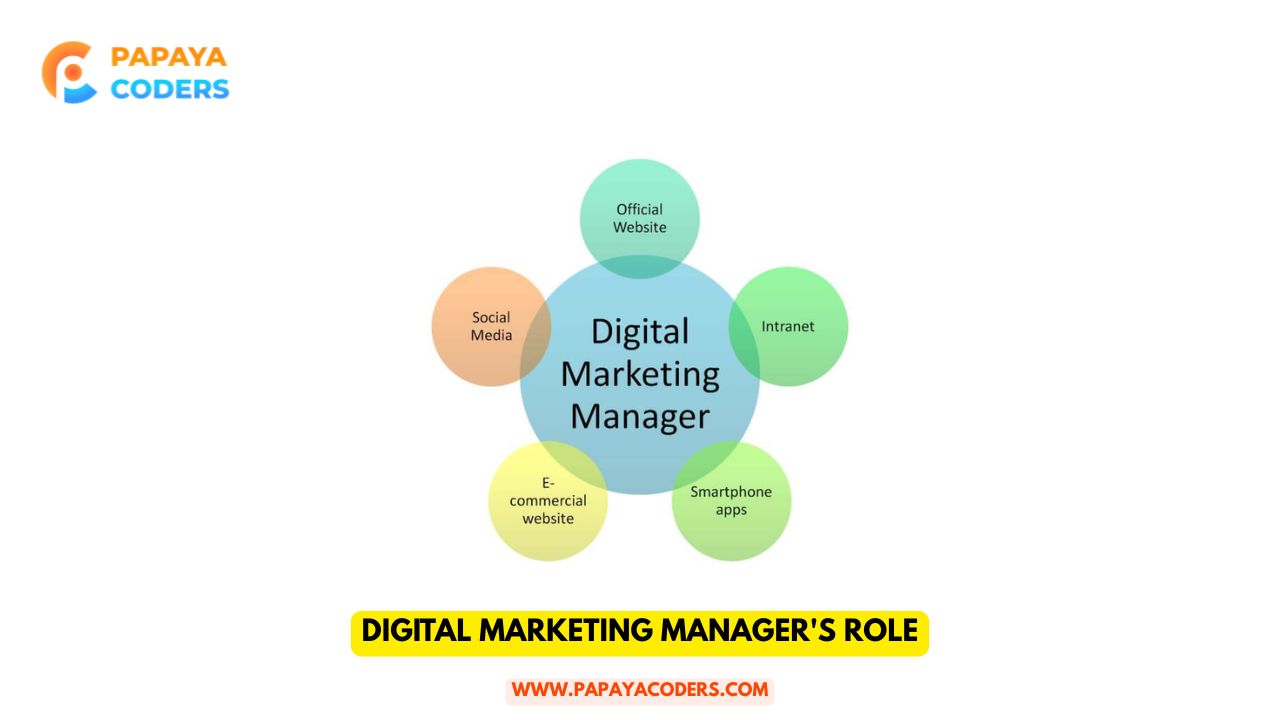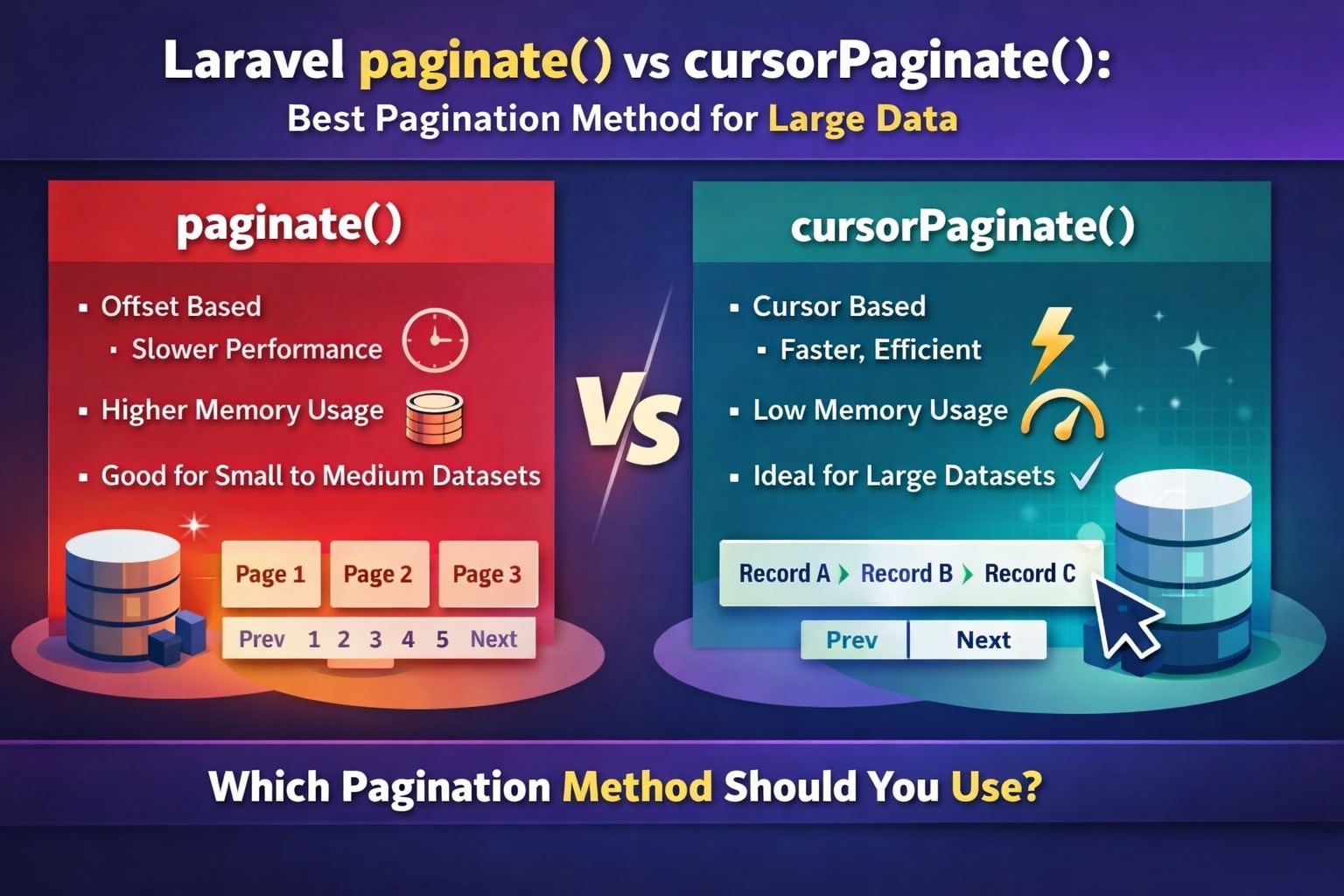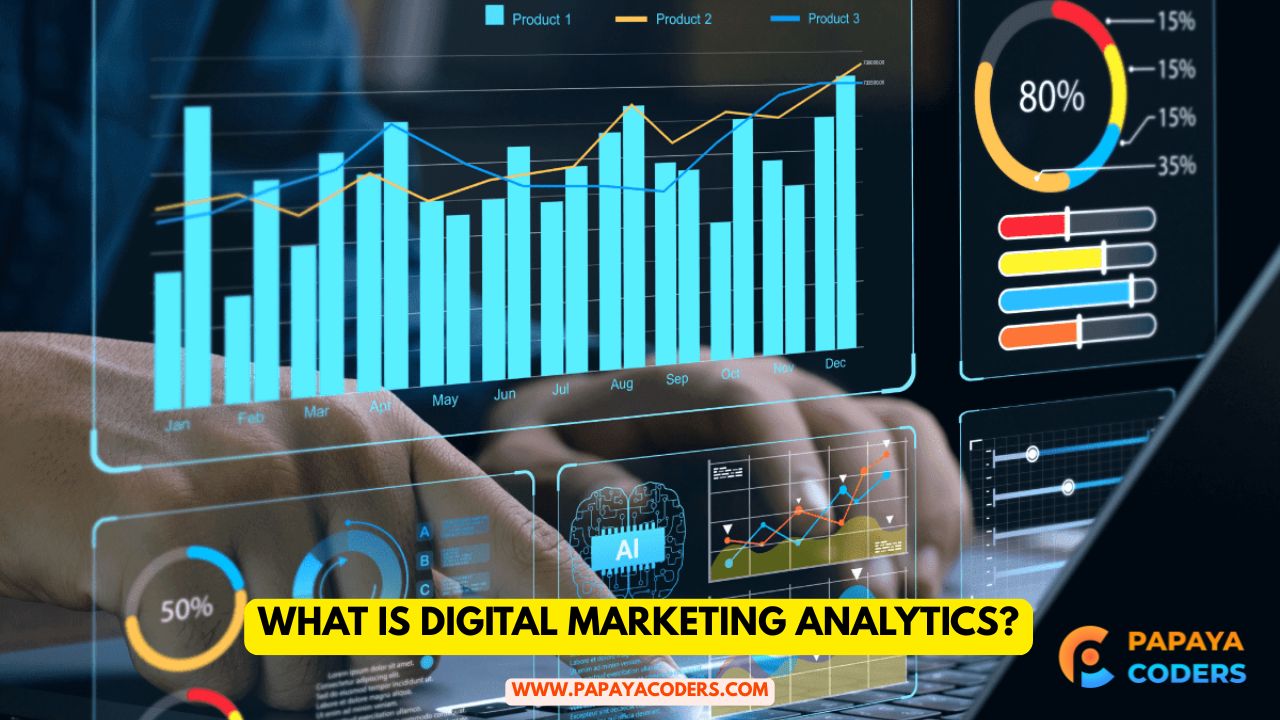In modern times, the base of any organization’s success is its presence online. If a business has a great product, but it is not able to communicate with its customers effectively on online channels, the market potential will be wasted. Digital marketing managers are deeply mindful of this issue. They see to it that the brand is found everywhere online, in search engines, social platforms, and in email marketing campaigns.
This responsibility falls on a digital marketing manager regardless of the company size; whether the company is a startup or an established Fortune 500 company, the responsibility usually rests on the marketing manager to create a strong digital strategy.
For instance, if a small apparel brand displays its merchandise on Instagram and runs ads tailored to its location, that brand has the ability to reach its market audience in its respective local cities. Only an incredible digital marketing manager can direct that process in the right way.
Digital Marketing Manager’s Role

The Benefits of a Data-Driven Strategy and Analytics
The key benefit of digital marketing is the data and analytics. As a manager, you know that clicks, views, and purchases can be tracked. This data provides you with a detailed understanding of audience behavior. If an ad campaign received 10,000 visitors but only 500 purchased a product, as a marketer, you would want to understand why the conversion was low.
It could be the ad creative, or it may have been a complex checkout process. Based on this analysis, you could adjust the ad or the process for the next campaign. Google Analytics, Meta Ads Manager and CRM type tools are perhaps the most powerful weapons a manager has.
They allow you to be confident you are spending money in the right places and getting the most return on investment. A company should only make data-driven decisions to use their marketing budget efficiently.
Customer Engagement and Relationship Development
It’s not just about acquiring new customers; it’s even more important to retain them and develop relationships. A digital marketing manager understands this perfectly. This is why they have various engagement strategies like social media polls, reels, customized email newsletters and loyalty programs.
As customers engage with a brand, they build trust with a brand. An example is the notifications sent out by Zomato and Swiggy. They don’t only offer deals but also connect with their users by utilizing quirky and funny messages.
This is all part of a larger marketing strategy that is developed by the marketing manager.
Adjusting to Swiftly Shifting Digital Trends
The digital arena is constantly evolving. A currently trending content format may be lost in a few months. A manager must stay in tune. It used to be that Facebook ads were the “it” tool for your company, but now it’s Instagram Reels and YouTube Shorts. Perhaps tomorrow it will be various AI-generated content formats or shopping in AR/VR.
A digital marketing manager who adjusts to these things quickly keeps their organization ahead of the competition. If the manager is still employing tactics that are outdated, the organization will be last to the party.
Brand Image and Reputation Management
In the online space, even a small piece of negative news can spell disaster. One bad review that goes viral can erode the trust of a company. This means a digital marketing manager always has to monitor reputation through tools that track mentions of the brand online.
When negative feedback is received, it is always on the digital marketing manager to respond in a timely manner to remedy the complaint. For instance, if a customer complains about an excellent Flipkart product but the manager or company does not respond, the complaint can go viral, eroding the trust of thousands of potential buyers for that product.
However, if the complaint is handled, acknowledged and addressed the complaint in a timely manner, the impression the brand image leaves, may be even more favorable than if there was a complaint at all.
The Craft of Creating Content and Telling Stories
Another thing that a digital marketing manager knows very well is the power of content. When it comes to getting your customers engaged with your brand, providing them with simple facts will not suffice. Connecting emotionally is just as important when your content contains stories.
Digital marketing managers will make sure that all content, whether it is in the form of blog articles, video campaigns or infographics, adheres to the brand vision.
For example, Dove’s “Real Beauty” campaign turned a simple soap brand into a global brand – inspired by a story. The thinking of a visionary marketing manager was the driving force behind their marketing efforts.
Influence on Company Revenue and Extent of Growth
Every strategy aims to ultimately contribute to revenue and sales growth; if a manager executes well in their planning and implementation, leads are generated, conversions increase and the business grows. An example may include a software as a service (“SaaS”) company that executes targeted LinkedIn ads for its product, allowing the company to have direct access to its decision-makers.
The targeting of a decision-maker audience exponentially increases the conversion opportunity. This is why a capable marketing manager is referred to as the growth engine of the organization.
Obstacles Encountered by a Manager
Digital marketing is not a straightforward occupation. Each day, new challenges prop up, whether that’s budget cuts, algorithm changes, or aggressive tactics from competitors. A good manager has to face these challenges and come up with new solutions. While some campaigns might fail, a manager’s skill is the ability to learn from failures and create a better plan for next time.
Read also:-
- Hyperlocal SEO: Digital Strategies for Small Cities & Towns
- Tech Forum Submission Sites: Boost Your Tech Presence
Conclusion
From a comprehensive perspective, a Digital Marketing Manager is the most valuable asset to any organization. They are not simply responsible for running ads or creating social media posts; they are a strategist, analyst, and protector of the brand.
It is their experience, expertise, and knowledge that will determine how quickly a company grows in the market and whether it can outperform its competitors. The more creative, up-to-date, and data-driven a manager can be, the higher the success rate of that organization will be.








